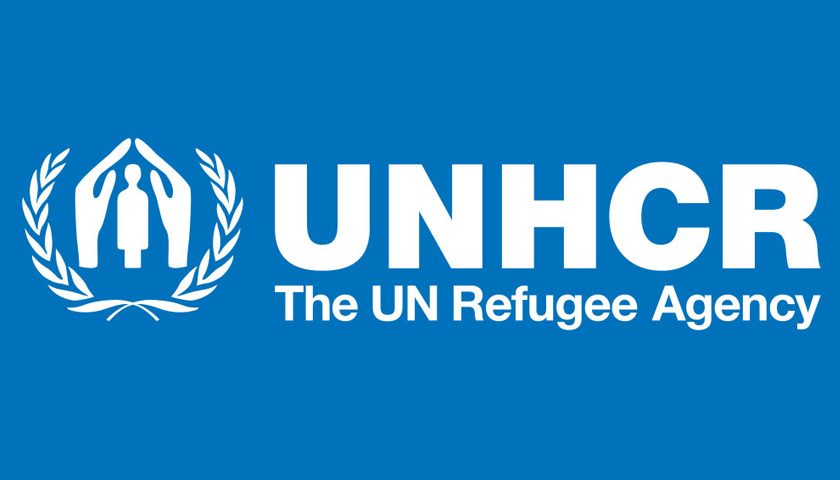UNHCR, the UN Refugee Agency, is calling for more investment in higher education for refugees and more employment opportunities for refugee graduates to help realize their potential.
In many countries, refugees continue to struggle to access higher education on an equal footing with nationals due to a lack of inclusive education policies, capacity constraints, prohibitive fees and administrative or bureaucratic impediments.
“Without policy and implementation changes, access to higher education cannot translate into sustainable livelihoods in a systematic way,” said Kelly T. Clements, United Nations Deputy High Commissioner for Refugees. “Greater investment in higher education for refugees is needed, as well as greater access to the job market for refugee graduates.”
Worldwide, approximately 4 million of 31.6 million refugees under UNHCR’s mandate are aged between 18 and 24. Yet only 7 per cent of them have access to university or other higher-educational institutions. This is a significant increase from 1 per cent reported in 2019.
UNHCR is currently celebrating reaching the mid-point of a target set five years ago with partners to achieve 15 per cent enrolment of refugees in higher education by 2030 (the ‘15by30’ global pledge). However, further coordinated, committed and sustained engagement of partners is critical to reach this target by 2030.
A key component of the strategy is the Albert Einstein German Academic Refugee Initiative (DAFI) scholarship programme. Since it began operating 32 years ago, DAFI has given over 26,300 refugees the chance to pursue higher education, transforming their lives and enabling them to pursue post-graduate opportunities. The DAFI programme is sometimes the only available mechanism for refugees to access higher education.
The latest annual DAFI report examines the paths to employment of alumni after they graduate, emphasizing the critical linkage between the DAFI programme, job opportunities and other sustainable futures.
Last year, over 9,300 refugee students from 54 countries of origin were enrolled in DAFI scholarships in 59 countries. Women represented 42 per cent of the total, and achieving gender parity remains a core aim of the programme.
“I want to promote female leadership,” said 25-year-old Grace, a final-year DAFI scholar from the Democratic Republic of the Congo, studying public health at Bujumbura’s Université Lumière in Burundi. “We still have to fight the idea that an educated woman will not be a good wife, but we keep moving forward and mentoring younger refugee girls and women who come after us so that they can become leaders and have some impact in this world. Mentalities are slowly evolving.”
Grace is writing her final thesis, after having completed several internships in various health institutions across Burundi. She is also currently the President of the DAFI Women Power Club, a student-driven mentorship initiative that aims to prepare young women in the DAFI programme as future leaders and drivers of community change.
Many DAFI scholars and graduates have already put their education and skills into action by securing leadership positions, starting companies, obtaining employment or advancing innovation and research that can improve lives.
Nevertheless, legal or practical impediments to refugees’ right to work in many countries mean that many refugee graduates find it hard to fulfill their potential and contribute to their host communities. Two thirds of the 59 countries where the DAFI programme operates officially give refugees the right to work, but only one third facilitate this right in practice.
The DAFI programme seeks to mitigate this barrier, including by providing scholars with dedicated career support, facilitating networking and partnering with companies and employers to raise awareness, create internships and strengthen pathways to employment for graduates.
With the long-standing commitment of the Government of Germany, as well as funding from the Government of Denmark and private partners and foundations, the DAFI programme is the largest and longest-running scholarship specifically for refugee students.
Thanks to the commitment of private donors, foundations and companies, the Aiming Higher Campaign – a UNHCR global fundraising initiative for tertiary education – raised $8.8 million to directly fund scholarships in 2023. This campaign continues to support refugee youth to access higher education and to enable them to step into post-graduate pathways that draw on the skills, practical experiences and relationships built through higher education.

